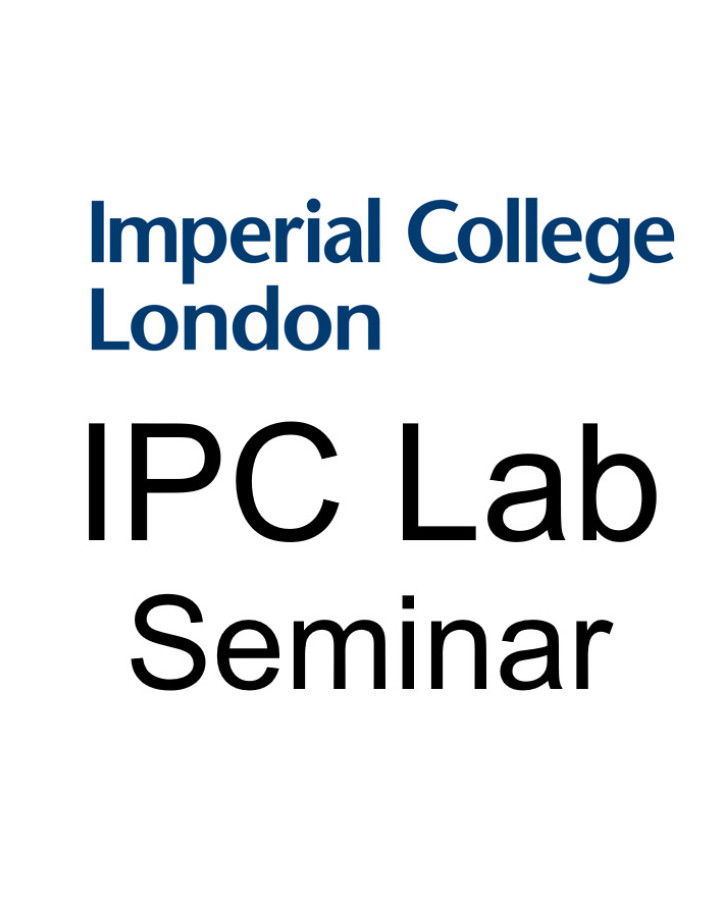
If you are interested in attending this event, please get in touch using the contact information listed.
Abstract
Modern cyber-physical systems take advantage of developments in sensing, computing, networking, and actuation capabilities to enable applications such as the Industrial Internet-of-Things, Smart Cities, and Future Transportation Systems. The emerging systems need to be in close interaction with the physical world as they collect data from sensors, learn and adapt to disturbances, coordinate, and actuate in an autonomous closed-loop fashion. These characteristics give rise to both new fundamental research questions and opportunities for impact. In the first part of this talk I will discuss the challenge of rethinking control and communication networks in such systems and the benefits of our co-design approach. In the second part of this talk I will discuss recent work addressing the need to learn with communication efficiency from data collected in a distributed fashion.
About the speaker
Konstantinos Gatsis is a Lecturer (Assistant Professor) in the Department of Engineering Science at the University of Oxford, UK. Prior to joining Oxford, he was a Postdoctoral Researcher at the Department of Electrical and Systems Engineering at the University of Pennsylvania. He received the Ph.D. degree in electrical and systems engineering from the University of Pennsylvania, Philadelphia in 2016, and the Diploma degree in electrical and computer engineering from the University of Patras, Patras, Greece in 2010. His research interests include cyber-physical systems as well as control, learning, and optimization algorithms. Dr. Gatsis received the Best Doctoral Dissertation Award from the Department of Electrical and Systems Engineering at the University of Pennsylvania. He also received the 2014 O. Hugo Schuck Best Paper Award, the Student Best Paper Award at the 2013 American Control Conference, and was a Best Paper Award Finalist at the 2014 ACM/IEEE International Conference on Cyber-Physical Systems.